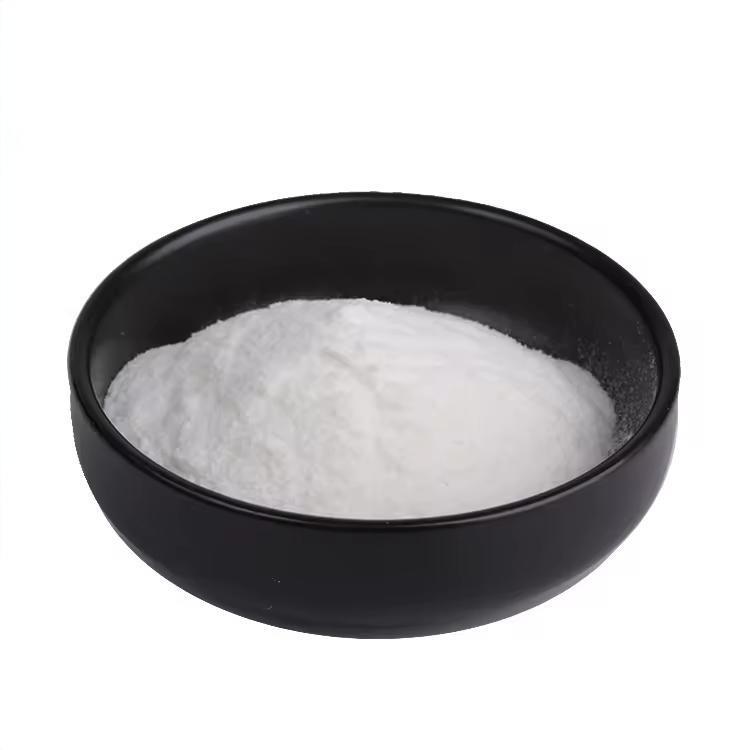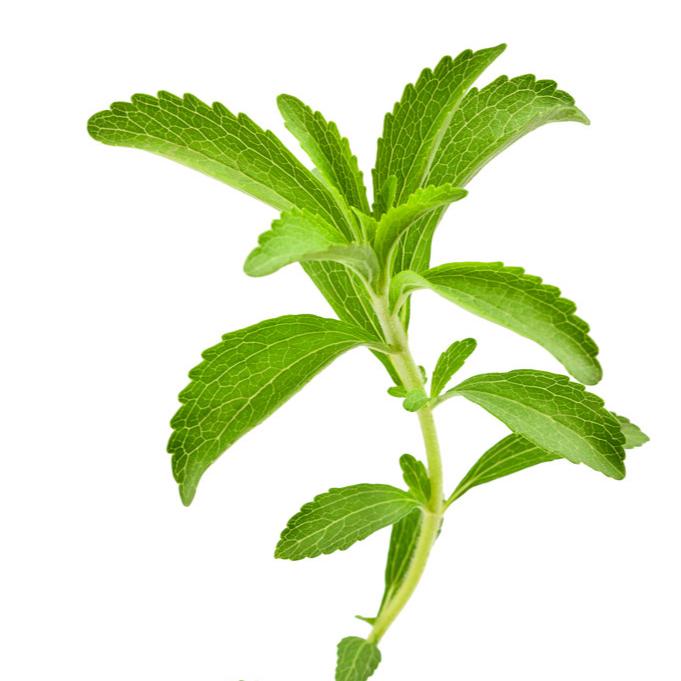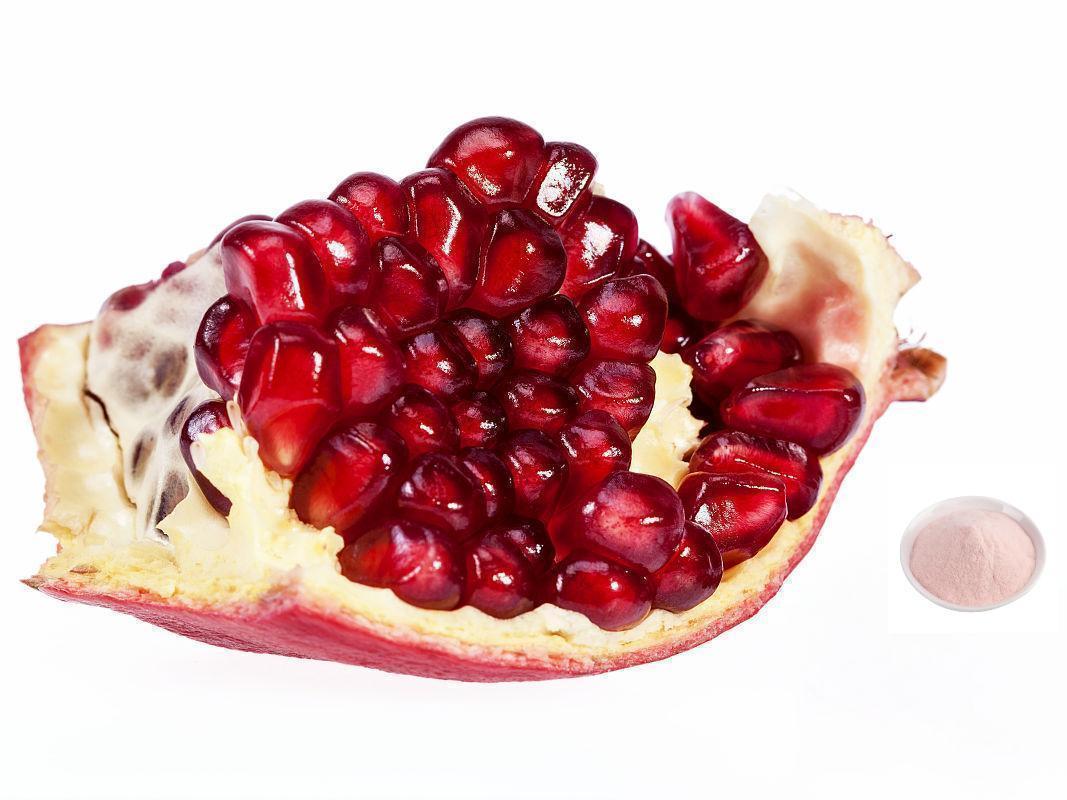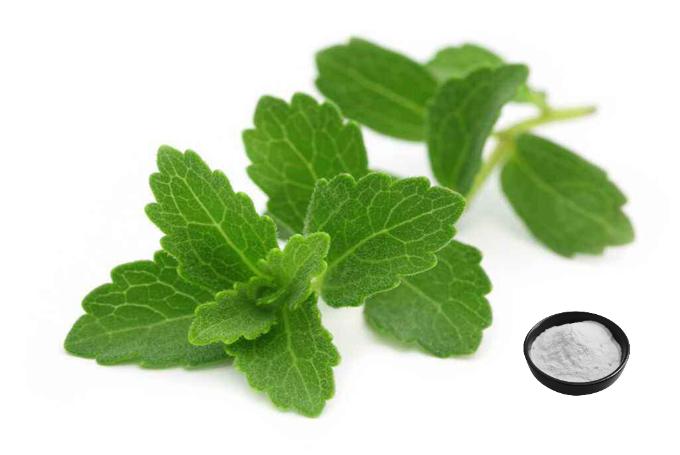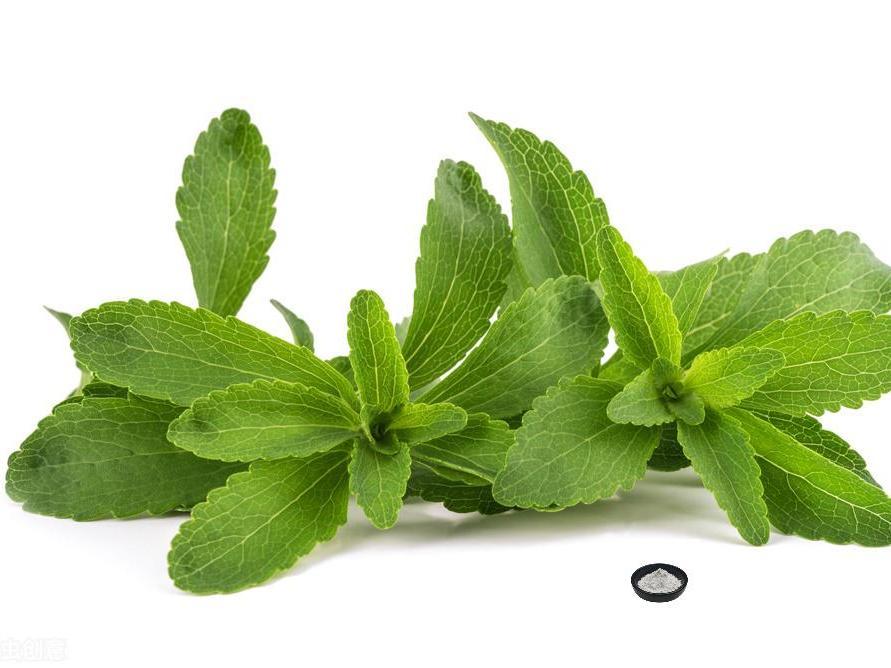Stevia Leaf Extract Reb A 98
Latin Name:Stevia rebaudiana (Bertoni)Hemsl
Source:Stevia Leaf
Active Ingredients:Rebaudioside A
Specification:98%
Testing Method:HPLC
Appearance:White Fine Powder
Pesticide Residue:Comply with (EC) No 396/2005 Standard
- Description
- Data Sheet
- Certificate
-
What is Stevia Leaf Extract?
Stevia leaf extract, also known as stevia or steviol glycosides, is a class of sweet-tasting diterpenoids extracted and isolated from stevia, an herbaceous plant in the Asteraceae family. It is obtained by soaking the dried stevia leaves in water, filtering the liquid to separate it from the leaves and stems, and then further purifying it using water or food-grade alcohol under fully traditional plant extraction methods. This results in steviol glycosides.
Green Spring Technology supplies Stevia Leaf Extract Reb A 98 is selected from the dried leaves of Stevia, using water extraction and alcohol precipitation to obtain high purity Reb A 98. It has a pure sweet taste, stable properties, good solubility, low moisture content, and can extend the storage period.
Green Spring Technology is a leading biotechnology company in China with more than 20 years of experience in plant extracts and has been committed to developing and supplying high quality plant extracts. It has obtained many certifications such as Halal, Kosher, COSMOS, BRC, IFS, FDA, ISO9001, ISO22000, and so on. Green Spring organizes its production following ISO, HACCP, and other quality standards, and implements the highest international industry standards, complying with EU EC396, EU 2023/915, and the highest solvent residue standards.
Specification:
Product Name
Stevia Leaf Extract
Latin Name
Stevia rebaudiana (Bertoni)Hemsl
CAS No.
58543-16-1
Source
Stevia Leaf
Active Ingredients
Rebaudioside A
Specification
98%
Testing Method
HPLC
Appearance
White Fine Powder
Pesticide Residue
Comply with (EC) No 396/2005 Standard
Regulation:
It conforms to EU regulations.
Looking for a Quotation?Benefits:
Prevention of Diabetes
Stevia leaf extract steviol glycosides cannot be digested in the human digestive tract. The ingested steviol glycosides pass through the stomach and small intestine into the colon and are fermented and utilized by intestinal microorganisms to generate short-chain fatty acids. The calorific value of steviol glycosides is indirectly generated from short-chain fatty acids, which is about 6.3kJ/g. The non-digestibility of steviol glycosides will not cause an increase in blood glucose concentration after intake, and will not promote the rise of insulin concentration in the blood, which makes it suitable for use by diabetic patients.
Tumor Prevention
The mixture of steviol glycosides can inhibit dimethylbenzanthracene-induced skin cancer formation in mice, which can be seen to have the effect of preventing tumorigenesis. The non-digestibility and non-fermentation of steviol glycosides can promote the maintenance of normal intestinal ecology, increase the volume of feces and reduce fecal pH, which has a good preventive effect on constipation and anal and rectal diseases. In addition, with the increase in fecal volume, toxic substances in the intestines can be diluted, thus preventing the occurrence of cancerous diseases.
Prevention of Hypertension
Stevia leaf extract steviol glycosides have some anti-hypertensive effects, and it has been shown that this effect of steviol glycosides may be related to their inhibitory effect on calcium ion inward flow.
Antioxidant
Flavonoids in stevia leaves have good antioxidant capacity, which is a good natural free radical scavenger and plays an important role in anti-aging and improving immunity.
Antidiabetic
Stevia has been shown to prevent the rise of blood glucose by inhibiting hepatic gluconeogenesis. The steviol glycosides contained in stevioside and rebaudianin A can increase the sensitivity of the pancreatic and stimulate the secretion of insulin by pancreatic islet cells, which can safely alleviate the effects of type II diabetes mellitus.
Anti-Inflammatory and Antibacterial
Stevia extract has a strong inhibitory effect on Escherichia coli, Staphylococcus aureus, and Bacillus subtilis, the bactericidal ability is 2.5 times higher than that of potassium sorbate, and the ability to prevent the growth of Bacillus subtilis is better than that of penicillin.
Applications:
In the Food Field:
As a natural sweetener, stevia extract has a wide range of applications and development potential in the food field. It can be used as a sweetener in beverages to replace or reduce the use of traditional or synthetic sweeteners such as sucrose, fructose, aspartame, etc., to reduce the calories and cost of beverages, while maintaining or enhancing the taste and flavor of beverages. Stevia extract powder can be used as a sweetener in dairy products to reduce the calorie and lactose content of dairy products while maintaining or enhancing the nutrition and flavor of dairy products.
It can be used as a sweetener in pastries, replacing or reducing the use of traditional sweeteners such as sugar, honey, corn syrup, etc. It reduces the calorie and glycemic index (GI) of pastries while maintaining or enhancing the texture and aroma of the pastries. Stevia extract powder can be used as a sweetener in condiments to reduce the calorie and sodium content of condiments while maintaining or enhancing the color and aroma of the condiments.
In Pharmaceutical:
Stevia leaf extract can be used as a flavoring agent for the taste of medicines to improve the comfort of taking them. It is also widely used in oral care products, such as chewing gum and toothpaste, to increase the taste and appeal of the products. Stevia is used in traditional Chinese medicine as a remedy for clearing heat removing toxins and reducing fire. It has a variety of pharmacological effects such as antibacterial, anti-inflammatory, hypotensive, and hypoglycemic. By regulating insulin secretion and metabolism, stevia can also be effective in the treatment and prevention of diabetes.
-
Download
Stevia Leaf Extract Reb A 98 COA


 English
English French
French Spanish
Spanish Russian
Russian Korean
Korean Japanese
Japanese



